There’s a new force for change happening in the Australian wine industry and the South Australian regions of Mclaren Vale and Adelaide Hills are leading the way. The positive new direction is the production of certified organic and biodynamic wines – wines that are sustainably grown and made with minimal intervention – meaning an all natural, chemical and additive free process.
In terms of industry sales both down under and the world over, the organic wine category is one of the fastest growing, yet remains somewhat a niche. But it’s those who deeply care about the environment and the future of our planet who are the driving force behind its popularity. Sustainable wine production and environmental protection are a growing concern for wine buyers; and as we all become more conscious and aware of where our food and drink comes from, it only makes sense that certified organic and biodynamic wines will gain momentum in sales.
So what’s the difference between organic and biodynamic? Organic wines are produced with organically grown grapes. These are grapes that have been grown without the use of artificial or synthetic chemicals, such as herbicides and pesticides. In Australia, organic wine needs to be certified by an independent third-party organisation. Vineyards apply for organic certification and annual audits are carried out to ensure that the grapes they grow comply with the strict standards of the certifying body and the department of agriculture.
Biodynamic grape production can be considered an extension of organic farming, in that both take place without synthetic chemicals, however biodynamic farming incorporates a greater depth in vineyard and land management – taking holistic and very harmonious approach to working the land – considering it as an entire ecosystem. Biodynamic farming, at its best, uses organic or natural fertilisers with devotees looking to the moon’s cycle to indicate days to plant and harvest. And if you’re wondering if this approach changes the quality of fruit and therefore the wine; the proof is most certainly in the pudding.
Over the last fifteen years I’ve personally followed the development of a premium vineyard in Victoria’s King Valley, formerly owned and operated by biodynamic vigneron/winemaker Trevor Knaggs. Over the course of his wine vintages; and with continued natural improvements in soil and fruit quality each year, it soon became apparent at just how incredibly extended the depth of fruit flavour and aromatics in wine can become under biodynamic vineyard management. Intensely beautiful are just a few words that come to mind when I think about sampling these wonderfully crafted wines. And note: they’re crafted in the vineyard, on the land, the fruit does the talking, as I believe it should.
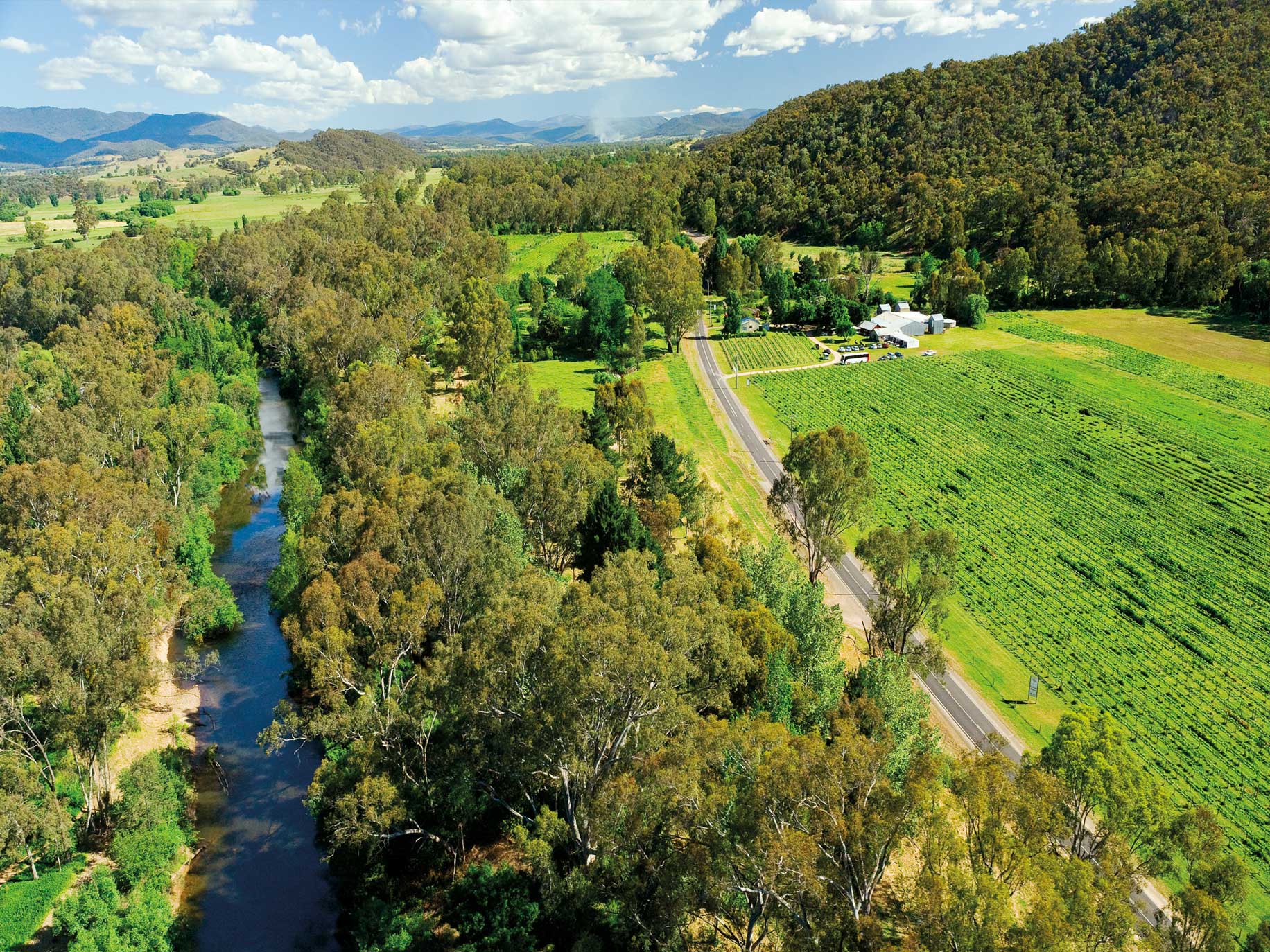
In 2018 Trevor sold the King Valley vineyard to concentrate his efforts on larger project that allowed his passion to flow; and to share his knowledge in organic and biodynamics. The concept was to build a community of Australian wine lovers looking for alternative premium quality wines; and to promote and support a collection of Australian and international growers who were 100% focused on organic and biodynamic winemaking. After months of product development, endless tastings and consultation with some of the best certified wineries, Trevor set upon building the wine store and community based website Epic Wines Online. The site was launched just a handful of days ago, and it’s quickly making a huge impression on both wine buyers and its competitors.
Epic Wines Online only sells organic, biodynamic or sustainable wines. Selections are curated into packs, mostly of 6 bottles each. Opposing the norm of heavily discounted online case sales, and/or ‘fake label’ wine product development (wine labels that are owned by corporates and supermarket chains, which are not actually wineries sites open to the public) – Epic Wines Online has taken on a more credible and ethical approach to online wines sales. This being to focus on leading winemakers and smaller family owned businesses that deserve continued sales and marketing support.

Well established ‘hatted restaurant popular’ brands currently feature within Epic Wines Online, including top notch wines from Yangarra Estate and Paxton (McLaren Vale), Ngeringa (Adelaide Hills), Woodpark Wines (King Vally) and Cullen Wines (Margaret River). I absolutely adore these wines for their brilliantly lifted aromatics and balance in flavour. There’s also a well thought-out Italian organic wine pack featuring fantastic examples of DOC wines from a selection of Northern Italian wine regions including: Chianti, Barolo and Sardinia. These wines offer a great textural experience as well as presenting rich, yet not overly complex fruit that delivers great length of palate.
Trevor explains that each wine is selected for its up front flavour appeal, balance of palate weight and overall desire of character. With this comes a more explorative range of wines within some of the packs, for example the Ultimate Whites pack includes the finely balanced and highly aromatic Cullen Dancing in the Sun white blend (Sauvignon Blanc, Semillon, Verdelho); and the Ultimate Reds pack a 2018 Paxton Tempranillo – a great food wine that features subtle spice, rich cherry and plum aromas and great length of finish.

The wine packaging itself has not been forgotten, with thick ultra-sturdy card making the Epic Wines Online custom six pack boxes reusable time and again. There an elegance to their presentation, with tab-lock folding lids that open to reveal the wines sitting within protective pockets, thanks to tough divider inserts. A wine pack box (including the wine) is easy to carry under one arm and is light enough to carry at a distance without tiredness.
Epic Wines Online offers curated wine packs ranging from $133 for the Rosé Pack, to $188 for the all organic, imported Small Producers Italian Pack. There’s also a ‘2 to Tango’ label of Trevor’s design featuring a house made King Valley Merlot and Tempranillo starting at $99 for a six pack.
Epic Wines Online
For more details, visit epicwinesonline.com.au

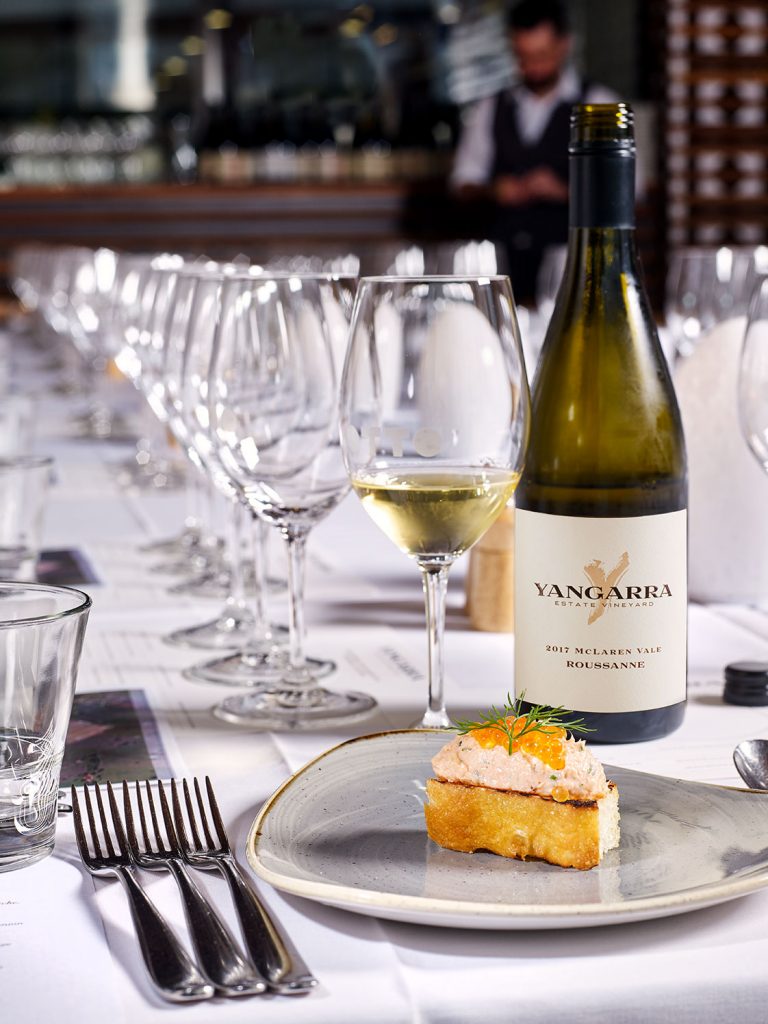
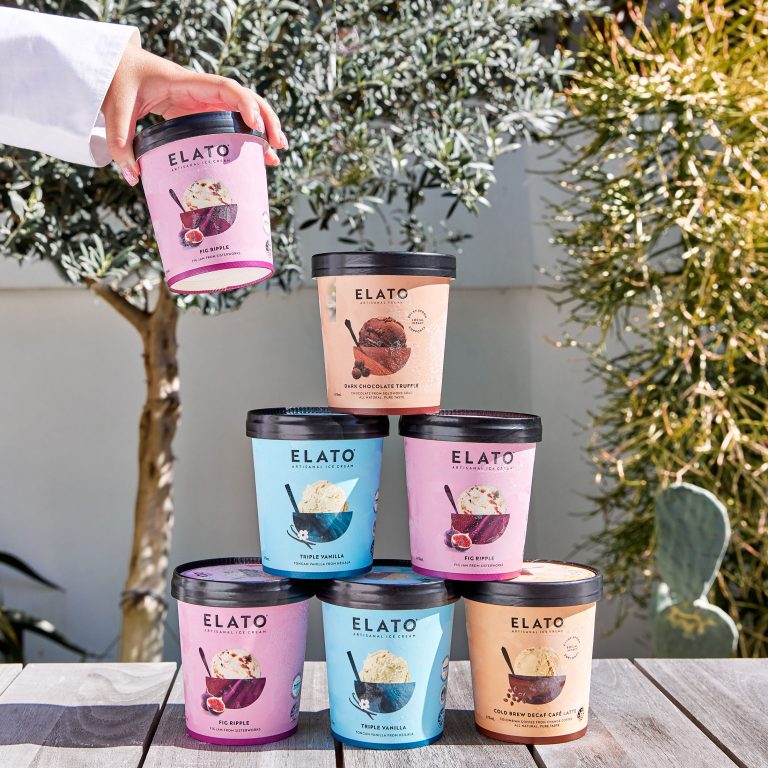
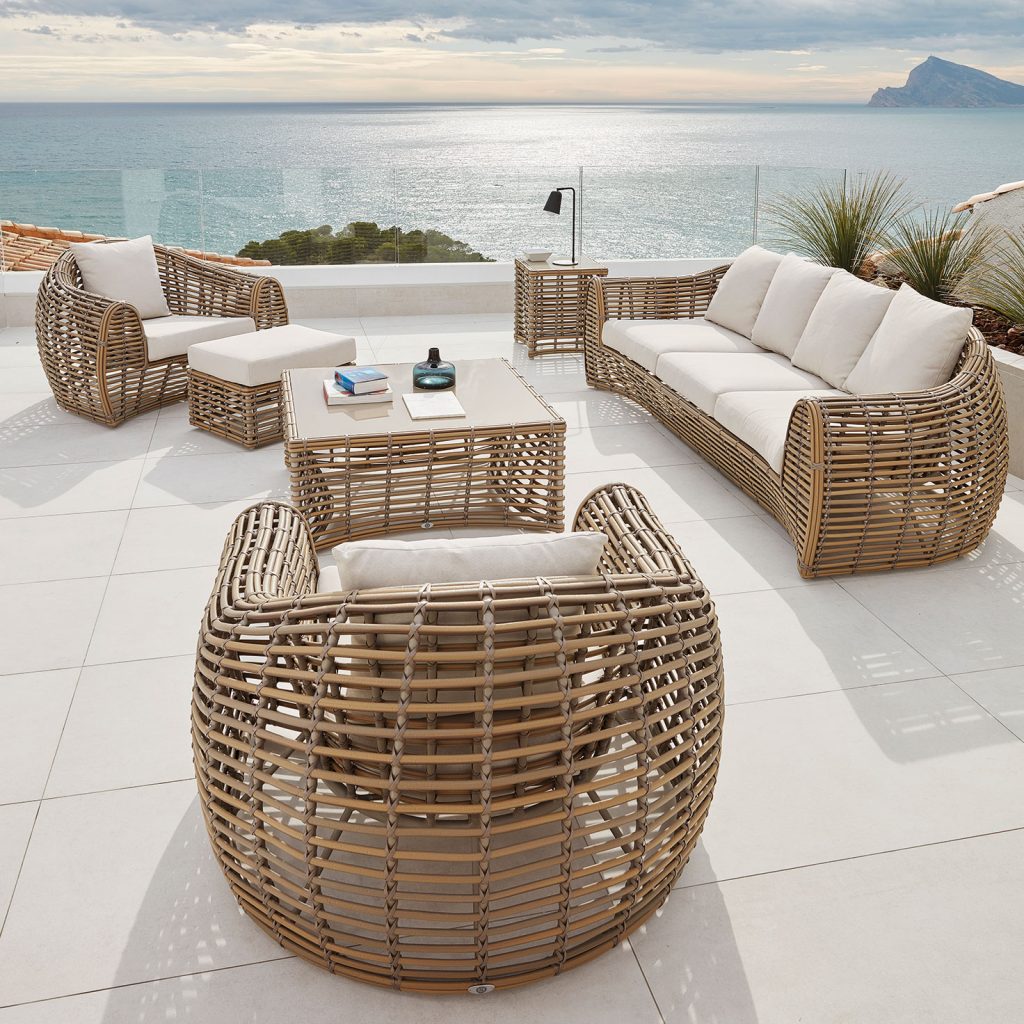
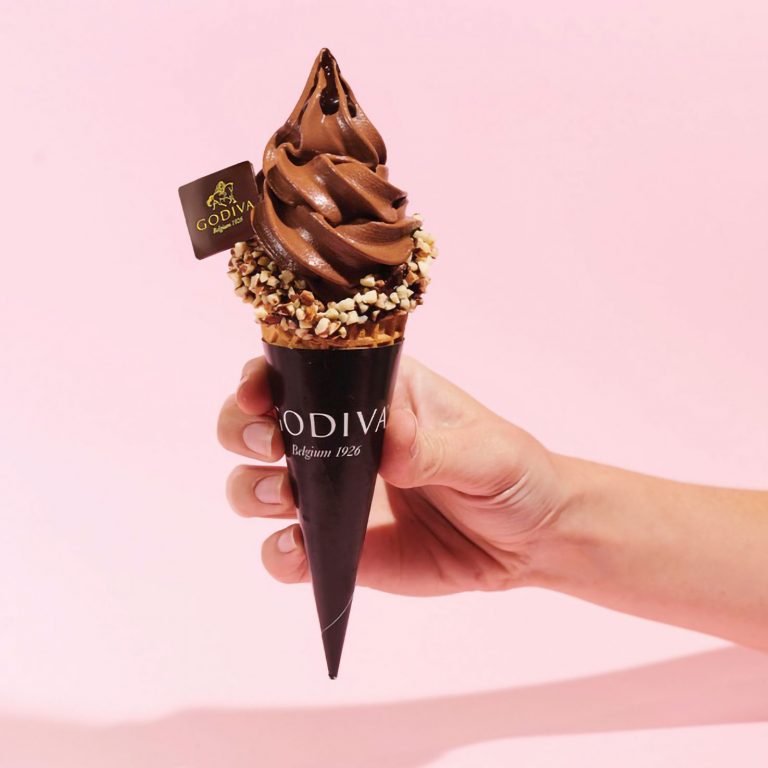
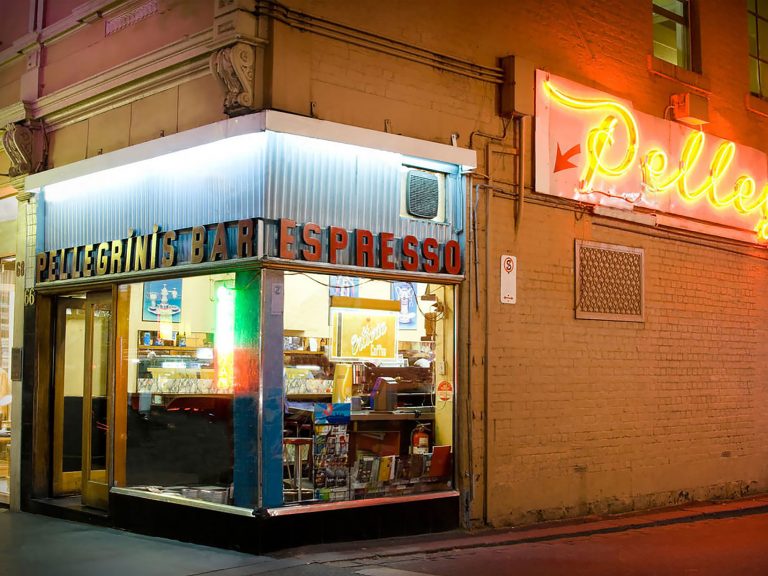
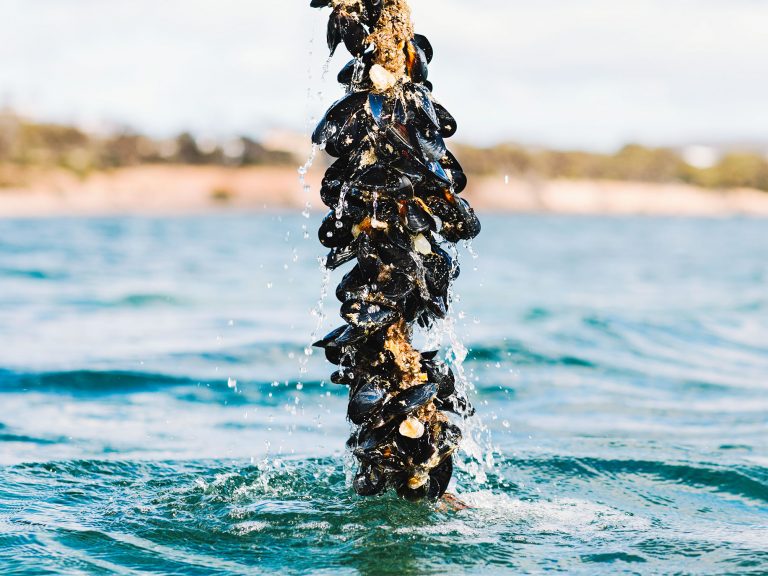

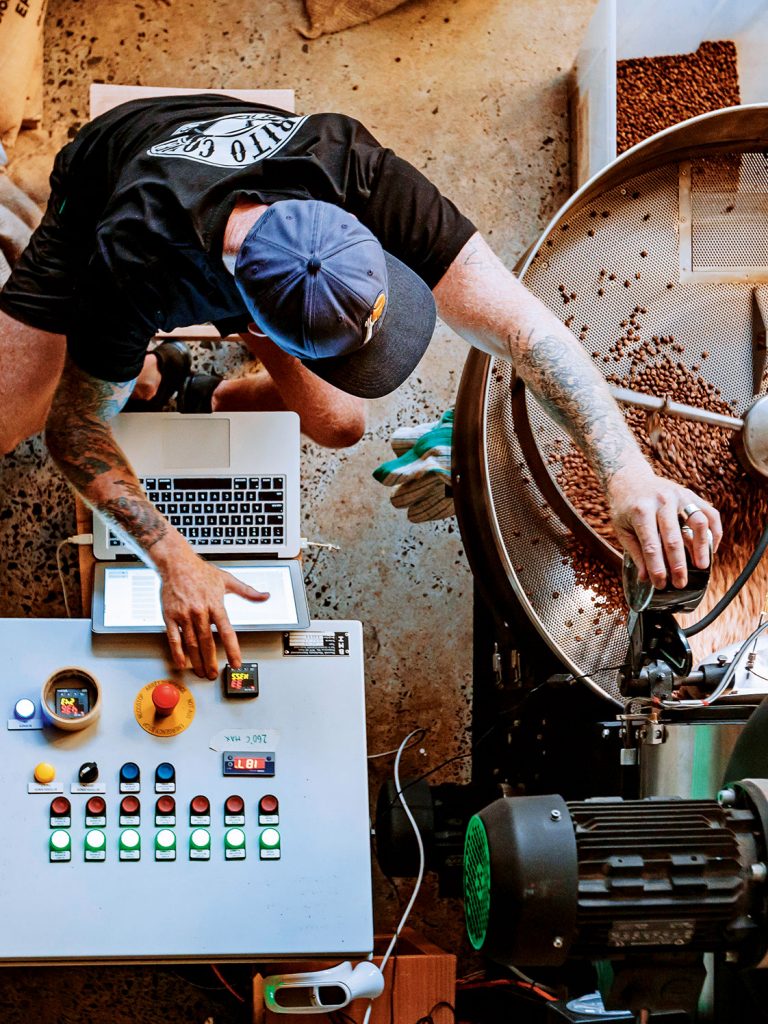
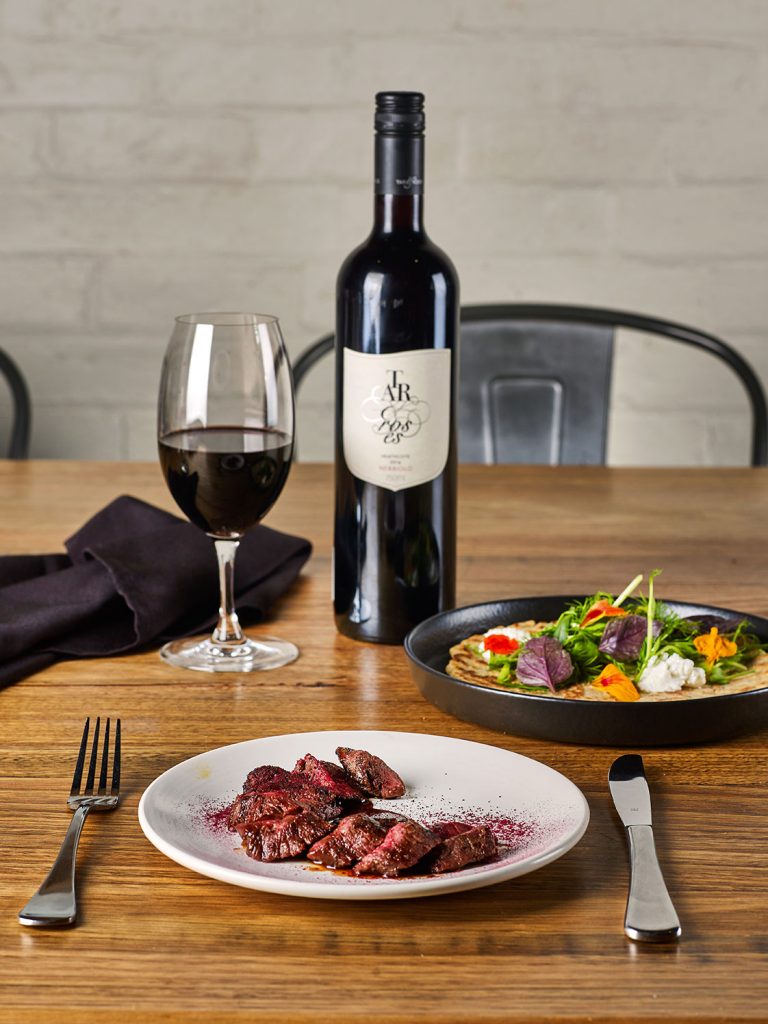

Comments are closed.